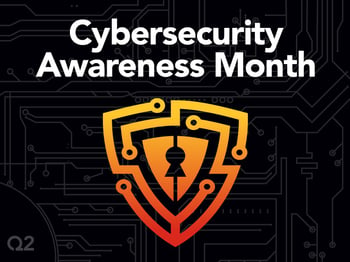A new worldwide security threat –a form of ransomware called 'Petya' –has created an international stir. Most attacks, which began June 27, have taken place in Europe, but there have been reports of outages in India and the United States.
Fortune has a comprehensive list of organizations affected.
The threat "took hold" in Ukraine, based on reports, and many security experts have found similarities to the "WannaCry" ransomware attack that happened in May. Petya, however, is not considered as virulent as WannaCry. The latest virus moves from computer to computer within an infected organization but is not trawling the internet for victims.
Many security experts have said security patches in place since the WannaCry virus are helping rein-in Petya. Still, this is a significant ransomware attack, and many organizations failed to secure themselves following the WannaCry attack and have left themselves open to threats.
More information on Petya is available at the US Department of Homeland Security.
A proactive approach is extremely important when it comes to ransomware protection which is why Q2 digital banking solutions and services have not been impacted in any way by the WannaCry or Petya attacks.
According to Q2 Chief Security Officer Bob Michaud, "Our focus is on always proactively protecting our financial institution customers' data and ensuring uptime for their applications and account holders."
Q2 maintains an 'Always-On' DDoS and dual DNS to provide front-end best of breed security tooling, backed by professional security staff leveraging the NIST Cyber-Security framework. In addition, Q2's Integrated Operations Center (IOC) is manned by top service and security experts and provides 24x7 / 365 availability, performance, quality, security, and service monitoring for unmatched support and peace-of-mind.
Learn more about Q2 security solutions, including our security services.



